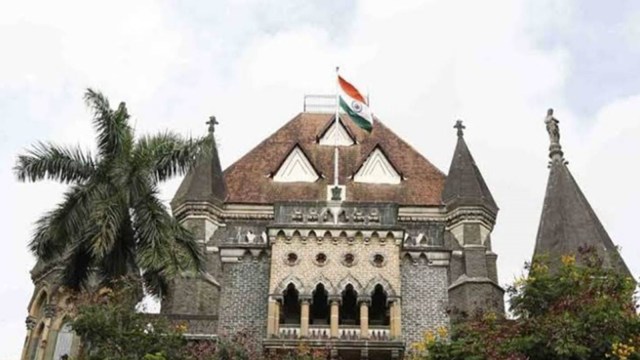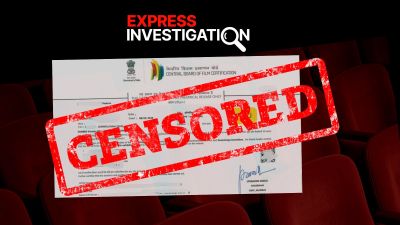Bombay HC rejects bail pleas of 3 PFI-linked men held by ATS for ‘conspiring against govt’
The three were booked under various provisions of the Indian Penal Code (IPC) and Unlawful Activities (Prevention) Act (UAPA) and the case is pending before a special court in Nashik.
 The HC noted the evidence clearly indicated that “the appellants entered into a wide-spread conspiracy to give ultimate effect to the Vision-2047 document”.
The HC noted the evidence clearly indicated that “the appellants entered into a wide-spread conspiracy to give ultimate effect to the Vision-2047 document”.
The Bombay High Court on Tuesday rejected bail to three men arrested by the Maharashtra Anti Terrorism Squad (ATS) in 2022 for their alleged links to the banned Popular Front of India (PFI) and for “conspiring to overthrow the government by using criminal force”.
Kayyum Abdul Shaikh (50) former vice-president of PFI, Pune district, and Razi Ahmed Khan (37), a PFI office-bearer along with Unais Umar Khaiyyam Patel (32) — all lodged at Nashik Prison, had approached the HC with appeals after their bail pleas were rejected by the special court in 2023.
The three were booked under various provisions of the Indian Penal Code (IPC) and Unlawful Activities (Prevention) Act (UAPA) and the case is pending before a special court in Nashik.
As per prosecution, on June 14, 2022, after an inaugural ceremony of the new office of PFI in Malegaon, a secret meeting of members was convened. As per ATS, the said meeting emphasised on the “need of unity of Muslim community to wage a war against the country by adopting any mode”, referring to atrocities such as mob-lynching incidents.
The ATS opposed the appeals and claimed that the accused persons have also held various meetings “to create hatred in the mind of people from the Muslim community and to instigate them to wage war against the Government of India”.
A bench of Justices Ajey S Gadkari and Shyam C Chandak perused material on record and stated that it indicated the “appellants in connivance with other accused persons conspired to overawe the Government by use of criminal force”.
It noted, “The FIR is self eloquent. There is more than sufficient material available on record… that they indulged in inciting like-minded people to join them to overawe the Government by use of criminal force. They also conspired to transform India into an Islamic country by 2047. They are not only propagators but actively intending to implement the Vision-2047 document of their organisation.”
It added, “Even if no overt act or violations has been carried out till today, the material on record clearly indicates that prima facie evidence of conspiracy to commit offence/s punishable under Section 121 (waging a war against government of India) of the IPC is made out.”
The court also observed that the “appellants have participated in spreading hatred against the state, spreading anti-national agenda through various means of propaganda including use of electronic media by creating WhatsApp groups and circulating messages detrimental to the interest of the nation”.
The HC noted the evidence clearly indicated that “the appellants entered into a wide-spread conspiracy to give ultimate effect to the Vision-2047 document”.
Rejecting the appeals, the court held the trial court order was justified and opined that “a strong prima facie case is made out to indict the appellants in the present crime” and “if they are released on bail, they may tamper with the evidence at this crucial stage”.







